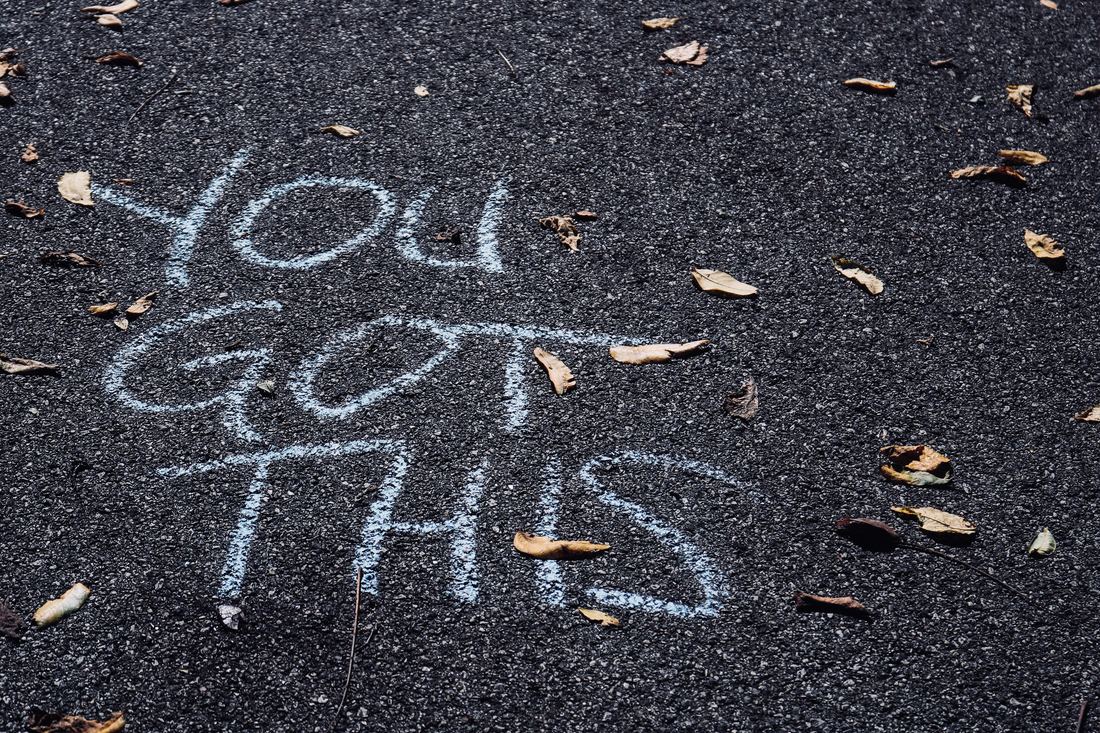|
Read this online at Thrive Global:
I attended a great little book festival in Carpinteria, California last weekend, and signed health books for people who came by. Carpinteria is my home town, and it was fun to get to connect to locals, some of whom I went to high school with. I spoke to one woman who was dealing with anxiety and depression, who was wondering how to proceed in order to heal. She liked what I said, so I thought I’d write about it for more people to hear. I said that some people (among them Chip and Dan Heath in their book Switch: How to Change Things When Change is Hard) have written about the unconscious mind as an elephant and compared the conscious mind to a rider. We grow up being trained to be a good rider, and to maintain strict control of the elephant. With actual elephants, young elephants are tied to a stake that they can’t break free of, no matter how hard they try. The elephants are constantly shown that their trainer has total control of them. The trainer is the one who determines if, when, and how much they get fed, how and when they get punished, etc. By the time the elephant is grown, it no longer tries to break free because its accepted the paradigm that it is helpless. We end up doing the same thing to our unconscious mind. We are told by adults in our lives that if we act a certain way, we won’t be loved, so we learn to reign in our unconscious. Over time, our unconscious adds all sorts of limiting beliefs to our world view. Eventually, it can get so bad that we are unable to act anymore, for fear of making a mistake that will cause punishment. Our inner elephant is very sensitive to every thought we think. That inner elephant is in charge of our digestive system, our immune system, and all of our unconscious behavior patterns. We want it to have a good world view. If it sees the world as a hostile place, it will generate a whole slew of epigenetic changes that make our cells pump out fight-or-flight hormones. From our negative or fearful thinking, it primes itself to see life as a fight or a flight, which is exhausting for our body and brain, and wears both out prematurely. It makes sense to learn how to interact with our unconscious in a positive way, and to be the best self-coach that we can be. I’ve found that it’s worth taking on the task. At first, it can be challenging, because it’s a skill that needs to be learned. Every time we try the skill, the better we get at it. It’s just like exercise—the more we do, the stronger we get. We’re changing the preferred circuitry in the brain. It’s a skill we then get to benefit from for the entire rest of our life. The more I practiced this, the progressively better my days got. I found a huge improvement in my outlook when I got to catching myself half the time. In other words, you don’t have to be perfect to feel better. For people who’ve been traumatized, like me, it can be hard to accept positivity. Positivity can trigger one’s inner critic, which believes that only strict harshness, negativity, and staying small and unseen can keep us safe. I had big problems with perfectionism, which kept me safe from positive feelings because I could only rarely meet the standards I’d set. For traumatized people, success can trigger feelings of self-loathing, anxiety, and depression that leads to self-destruction. Think of famous people like Anthony Bourdain, and Kate Spade, or artists like James Dean, Jimi Hendrix, Prince, Michael Jackson, or Amy Winehouse. Emotional pain becomes physical pain. Physical pain becomes emotional pain. We need to develop tools to access the right brain, which doesn't judge anything as negative. Then we can be at peace and acceptance no matter what our circumstances. We need those moments of peace in order to keep striving towards success whatever life dishes out. Sometimes it's the success that's the hardest thing to conquer on our way towards self-love. Keep at the self-encouragement and self-love practice, and over time, you’ll push through layers of healing, and be able to accept a better and better view of yourself, and outlook for you and your life. It’s been shown that positive people produce more in their lifetime, and I can attest that my productivity and creativity have continued to grow the more truly positive I have become. Throughout my life, I had always thought of myself as a positive person and as someone who loved myself, but when I look back, I can see that anxiety and depression were clues to where I wasn’t being a good self-coach. Now I can see where I fell short on positivity and good self-talk. I’ve mentioned authentichappiness.org before, but if you haven’t read that piece, please go check out that website for help in what areas you could change. There are many aspects of positivity. If we are anxious or depressed, we have not fully developed them. Letting go of judgment of others will help lessen anxiety and depression. We live during difficult times. Most everyone is doing the best they can given the ancestral beliefs and epigenetic changes they've inherited, along with their own personal traumas. Your pain is everyone's pain. When you don't fully love yourself, our ability to love ourselves is lessened. When you harm yourself, you harm us. We all need to heal to help lift each other. You can do it; I believe in you. With love, Elizabeth
0 Comments
|
AuthorElizabeth Morse Archives
January 2024
Categories
All
|
